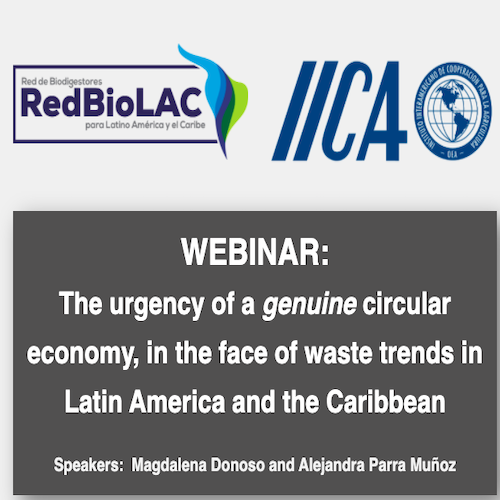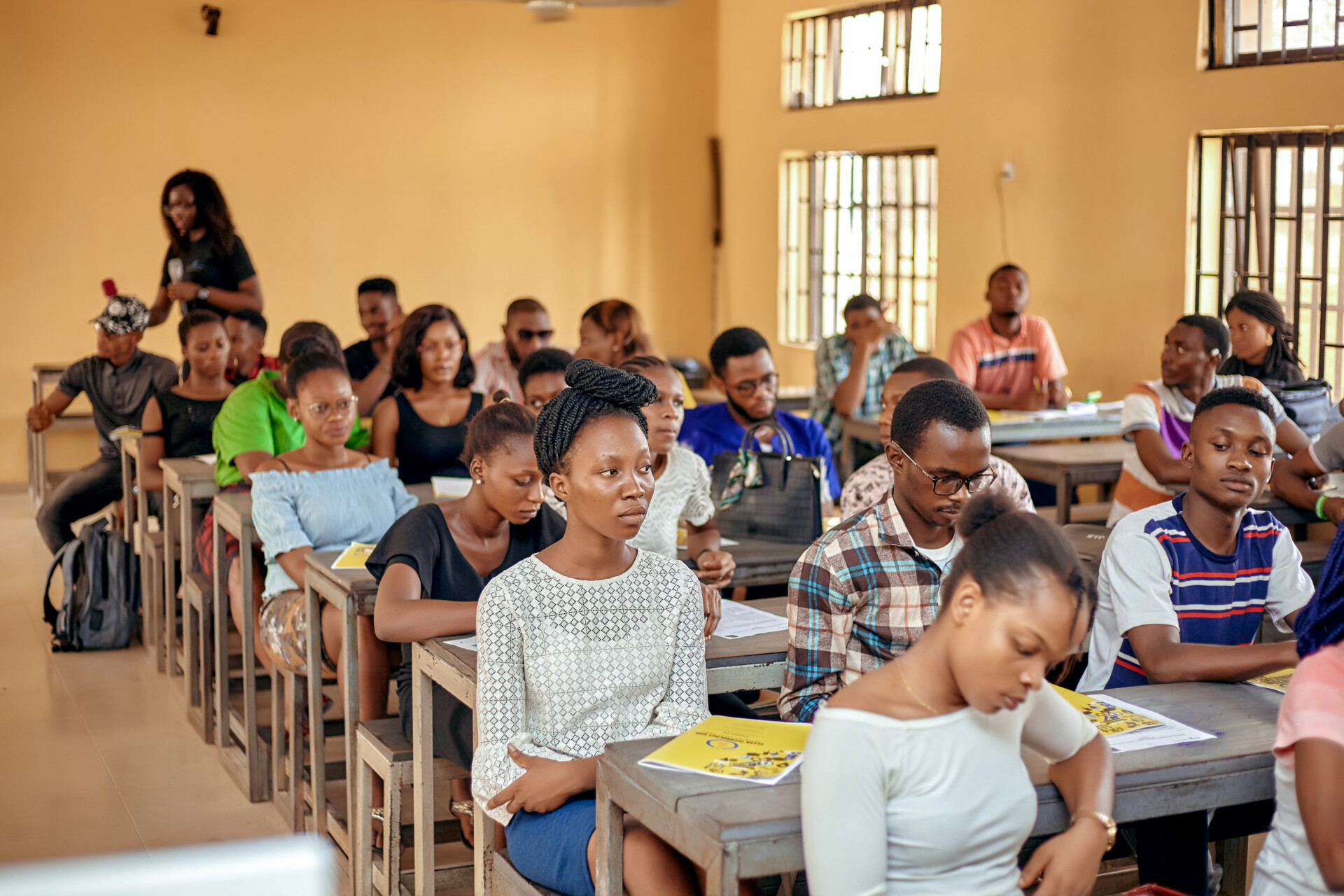Biraj Gautam and Rabin Shrestha share their lessons from the latest visits to the micro hydro power sites in Jumla and Baglung.
Upcoming webinar of RedbioLAC on circular economy for waste in Latin America and Caribbean
Our partnership network RedbioLAC will conduct again a webinar on the topic of “La urgencia de una genuina economía circular, frente a las tendencias de los residuos en Ameríca Latina y Caribe” (engl. The urgency of a genuine circular economy, in the face of waste trends in Latin America and the Caribbean”. The webinar will take place on 19th August 2020 at 8:00 Costa Rica Time (4 pm CST) and will be held in spanish language. Register here for the webinar
English:
The amount of waste generated in the Latin American region is growing alarmingly, while 40 million people do not even have access to waste collection on the continent, a figure that could increase as a result of the increase in poverty as a result of the global pandemic.
There has been a significant increase in the amount of regulations around waste, from specific regulations to ban plastics to broad legislation around the circular economy, but an intention to work towards zero waste cities is not yet clear.
The case of the energy recovery table in the development of the roadmap towards the circular economy in Chile, frames us in what is happening in several countries in the region.
It is necessary to make a realistic analysis of the current situation and look for solutions that do not repeat the formulas that have already been proven to have not worked.
Why reject waste incineration? And how RADA did it in Temuco. How to approach zero waste life, and incidentally, in what way can civil society be the guarantor of a true circular economy for the region? What do we understand by circular economy?
Spanish:
La cantidad de residuos generados en la región latinoamericana crece de manera alarmante, mientras 40 millones de personas ni siquiera tienen acceso a la recolección de estos en el continente, cifra que podría aumentar como consecuencia del aumento de la pobreza como resultado de la pandemia mundial.
Se ha experimentado un importante aumento en la cantidad de regulaciones en torno a los residuos, desde normativas específicas para prohibir plásticos hasta legislaciones amplias en torno a economía circular, pero aun no es clara una intención de trabajo hacia ciudades basura cero.
El caso de la mesa de valorización energética en el desarrollo de la hoja de ruta hacia la economía circular en Chile, nos enmarca en lo que está ocurriendo en varios países de la región.
Es necesario hacer un análisis realista de la situación actual y buscar formas de solución que no repitan las fórmulas que ya está comprobado que no han dado resultado.
¿Por qué rechazar la incineración de residuos? Y cómo lo hizo RADA en Temuco. ¿Cómo abordar la vida basura cero, y de paso de qué manera la sociedad civil puede ser garante de una verdadera economía circular para la región? ¿Qué entendemos por economía circular?


